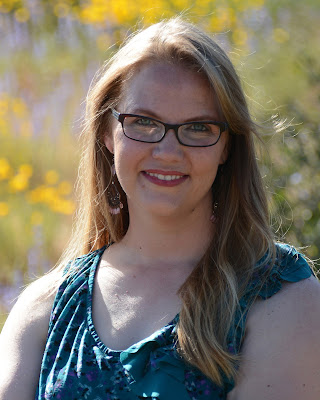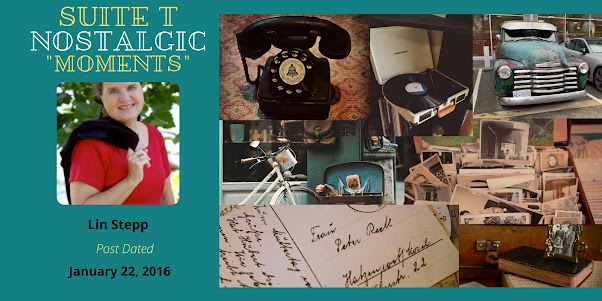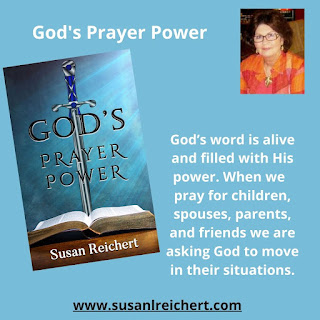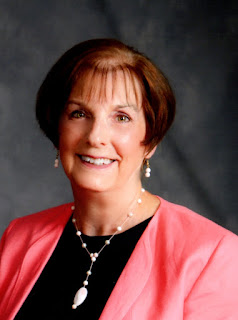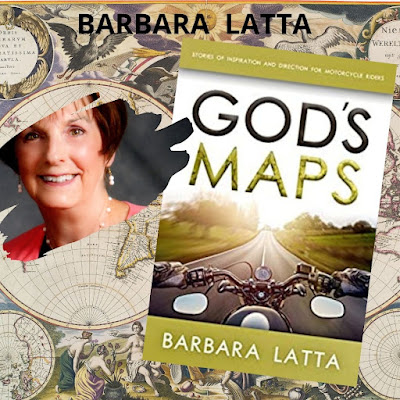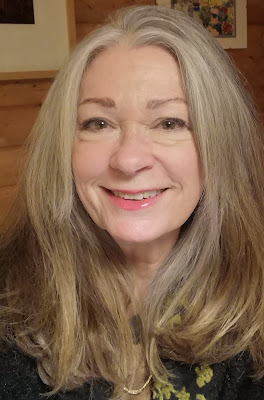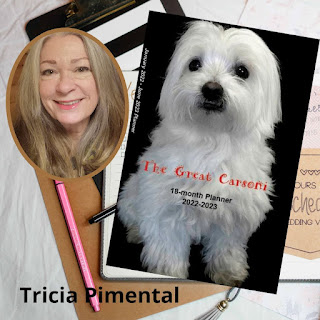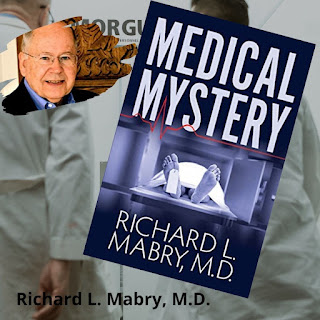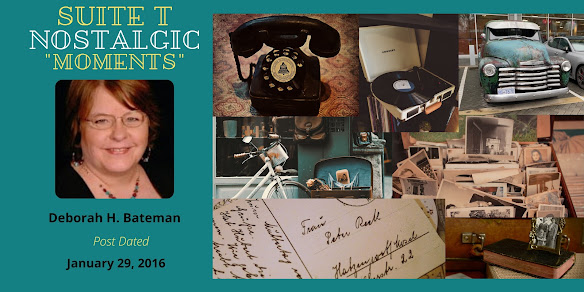I love the whole process of writing, and it intrigues me that—much like my own children—characters can all be so different and take on personalities of their own. In fact, when I first started writing my current project, someone asked me how it was going. I said, “Well, it’s a little slow. I don’t really know my main character yet.” And I just had to laugh. I mean, how in the world can I not know a character that I am making up? Don’t writers just…pick a name and start writing? Goodness, no. And the more stories I write, the more I’m learning starting each new story is like starting a new friendship. It takes time, commitment, and effort. And you can’t truly know what a character is going to do or say until you take the time to really get to know them—their hopes and dreams, their motivations, their history, and the lies the believe. And just like real life budding friendships, sometimes it’s an instant connection, and others it’s a slog through painful small-talk and niceties.
Thankfully, when it came to writing The Lady of Galway Manor, getting to know Annabeth, Stephen, Seamus, and the rest of the gang was a delight. Oh, they gave me a run for my money, don’t get me wrong. But they each were so full of nuggets of truth, laughable missteps, and relatable flaws that I couldn’t wait to get back into their world and find out what happens next. And I hope you’ll get to know them, too.
When Annabeth’s father is given lordship over county Galway in 1920, it seems to be both a blessing and a curse. The move gives her a window of escape from one hellish situation, but then locks her into a different one—being a British lady in Ireland at the start of the Irish War for Independence.
Stephen Jennings is also looking for an escape, and instead finds himself shackled to a British lass who fancies herself God’s gift to Éireann.
Bored without all the trappings of the British Court, Annabeth convinces her father to arrange an apprenticeship for her with the Jennings family–descendants of the creator of the famed Claddagh Ring.
Stephen longs to do anything other than run his family’s jewelry shop. Having had his heart broken, he no longer believes in love and is weary of peddling the lies the Claddagh Ring promises.
Meanwhile, as the war for Irish independence gains strength, many locals resent Annabeth’s family and decide to take things into their own hands to display their displeasure. As events take a dangerous turn for Annabeth and her family, she and Stephen begin to see that perhaps the “other side” isn’t quite as barbaric and uncultured as they’d been led to believe–and that the bonds of friendship, love, and loyalty are only made stronger when put through the refiner’s fire.
The idea for this story has been rolling around in my brain for years. I can’t pinpoint exactly when it came to me but having lived in Galway and been to the actual Claddagh Jewelers and walked the streets of the Claddagh area of Galway city certainly inspired it.
On the surface it may seem like your typical British versus Irish story, but it goes so much deeper than that. It explores the ideas and beliefs we each hold dear and examines what happens when natural enemies are thrust together in a seemingly impossible situation.
When I started writing The Lady of Galway Manor, the world was a much different place than it is now. None of the things which now are fighting to divide us had happened. And yet, as history shows us, the ugliness we are seeing in ourselves today has been there, under the surface, far longer than any of us realize…or perhaps longer than we are willing to admit.
The author of Ecclesiastes was right when he said that there is nothing new under the sun. The battles we are fighting today have been fought for thousands of years. And if we look, there are lessons hidden for us. But more than that, there is hope. Shining gems of miracles, reconciliation, forgiveness, and renewal. And that is what The Lady of Galway Manor explores, and we get to take journey with them.
(in)courage, on The Better Mom, in Missions Mosaic magazine, and in other publications.
After nearly a decade of living in Ireland and Austria, she now lives in Arizona with her
husband and their three children.

